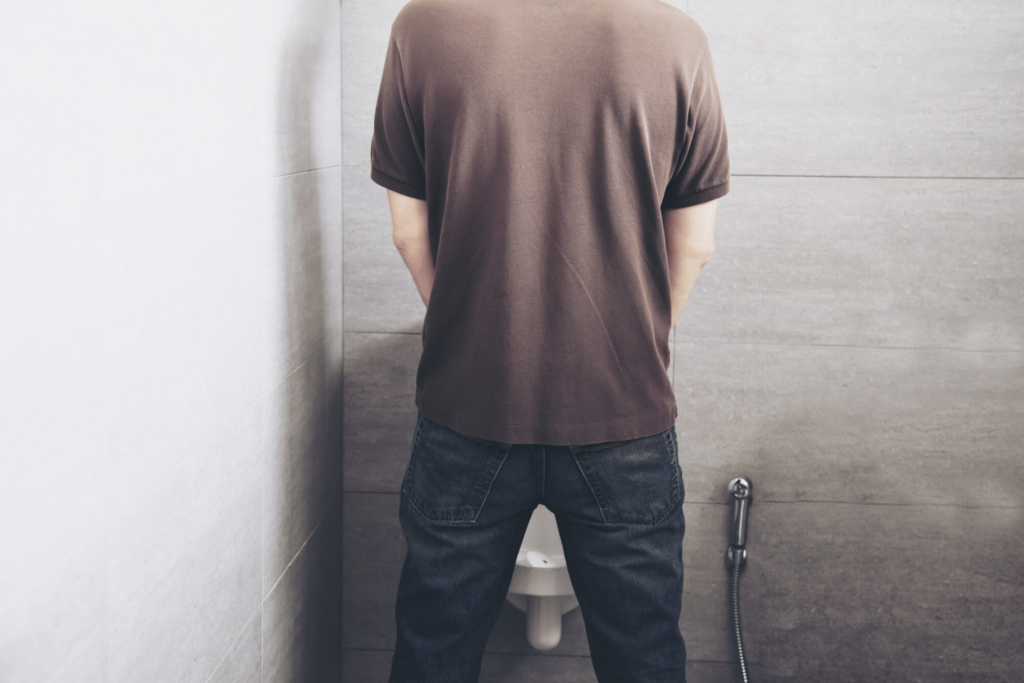Pregnancy, drugs, excessive drinking, renal failure, diabetes, and UTIs can all contribute to frequent nighttime urination.
You feel more rested and renewed in the morning after getting a good night’s sleep. However, getting a decent night’s sleep can be challenging if you have many nighttime bathroom breaks.
You might be suffering from nocturia if you wake up more than twice a night to go to the bathroom. Those over 60 are more likely to experience this.
Enuresis, often known as bedwetting, is a similar disorder that is not the same as nighttime urination. The inability to regulate your nighttime urination is known as enuresis. Urinating at night usually causes sleep loss, but it can also be a sign of a more serious illness.

What causes nighttime urination?
A major contributing factor to midnight urination is aging.
The antidiuretic hormone, which aids in fluid retention, is produced less frequently by the body as we age. Urine production rises as a result, particularly at night. Over time, weakening of the bladder’s muscles can also make it harder to hold pee in the bladder.
There are other factors besides aging that contribute to nighttime urination. Chronic UTIs, consuming too much fluids (particularly alcoholic and caffeinated ones) right before bed, bladder infections, and drugs that promote urination (diuretics) are other prevalent causes.
During pregnancy and childbirth, women may have frequent urine. The pelvic floor and bladder muscles may become weaker under these conditions.
Urinating at night might occasionally be a sign of an underlying medical issue. Diabetes, enlarged prostate, congestive heart failure, and chronic renal failure are among the illnesses and disorders linked to frequent urination. Additionally, it could be a sign of sleep disorders such insomnia, restless legs syndrome, or obstructive sleep apnea.





